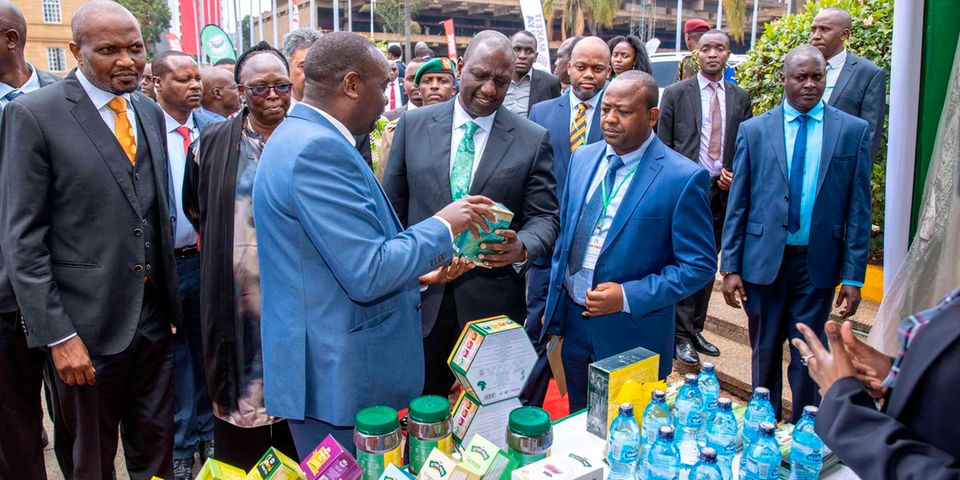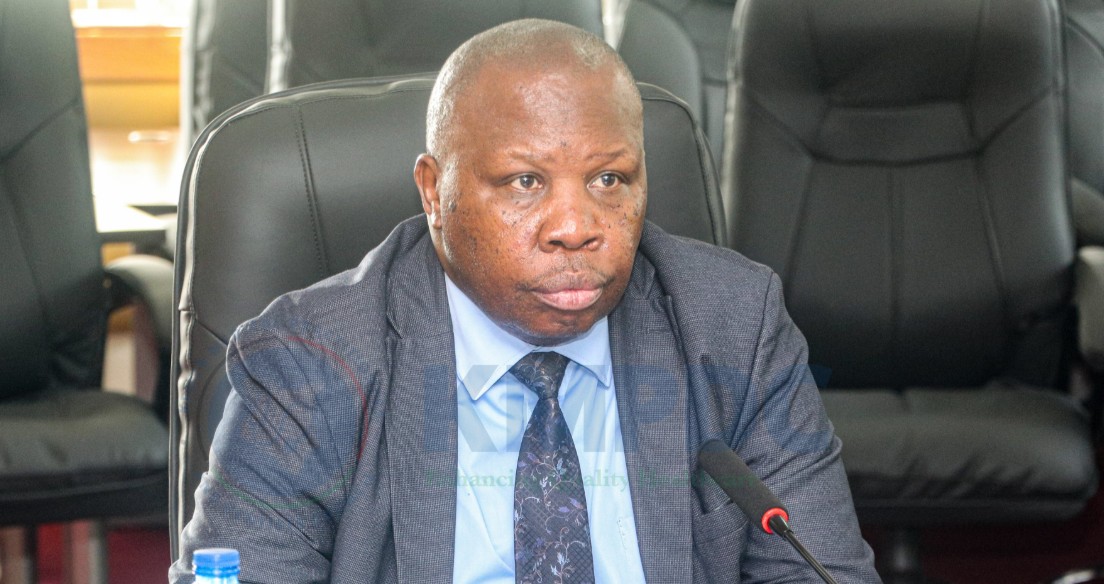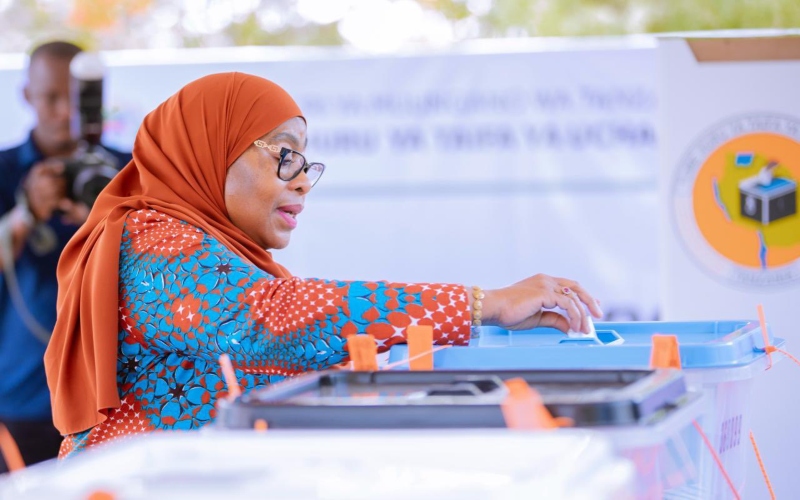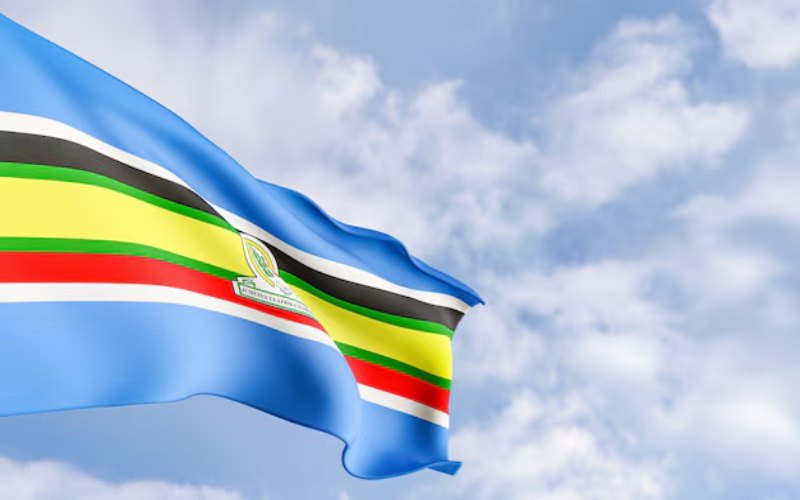10.6 per cent growth in Kenya's tea exports to Pakistan fuelled by rising demand

Recent data from the Central Bank of Kenya (CBK) reveals that the value of Kenya's tea exports to Pakistan reached $271.86 million (Sh35.06 billion) between January and June this year.
Pakistan's purchase of Kenyan tea increased by 10.6 per cent, solidifying its position as the top buyer of the beverage from East Africa. This increase helped offset reduced sales to other key markets.
Recent data from the Central Bank of Kenya (CBK) reveals that the value of Kenya's tea exports to Pakistan reached $271.86 million (Sh35.06 billion) between January and June this year. This marked a significant rise from $245.7 million (Sh31.6 billion) during the same period in 2023.
More To Read
- Agriculture Ministry blames external factors for drop in 2024/25 KTDA tea payments
- MPs demand probe into KTDA over corruption, mismanagement and unfair tea bonuses
- Kenya, Iran form joint committee to resolve tea export ban within 60 days
- Government revokes licences of tea exporter accused of irregular trade with Iran
- Cold weather comfort: How to make spicy Somali tea (Shaah) at home
- Temporary reprieve as Sudan clears stranded Kenyan tea amid ongoing trade ban
With this growth, Pakistan's share of Kenya's tea export earnings rose to 40.6 per cent, up from 38 per cent last year. This indicates Kenya's increasing reliance on a single market for its tea fortunes.
Pakistan has long been the primary buyer of Kenyan tea due to its large population and cultural affinity for tea. To reduce its dependence on Islamabad, Kenya has been diversifying its market reach to countries like Iran, Kazakhstan, and Russia.
Despite Pakistan's increased share, sales to other major markets saw a significant decline. The United Arab Emirates (UAE) experienced a 34.6 per cent drop in sales, amounting to $35.62 million (Sh4.5 billion). Similarly, sales to Afghanistan and Iran fell by 76.8 per cent and 30 per cent, reaching $14.14 million (Sh1.8 billion) and $23.35 million (Sh3 billion), respectively.
Other key markets that recorded declines include Egypt (2.1 per cent to $93.34 million, or Sh12 billion), Sudan (68.6 per cent to $3.7 million, or Sh477 million), and Ireland (14.7 per cent to $10.15 million, or Sh1.3 billion).
Despite the poor performance in these markets, Kenya's overall tea export earnings rose by 4.2 per cent to $668 million (Sh86.1 billion) during the six months, compared to $641 million (Sh82.6 billion) last year.
Saudi market
Beyond Pakistan, Saudi Arabia emerged as a significant buyer of Kenyan tea, purchasing $30.94 million (Sh4 billion) worth of the beverage. This represented a remarkable 74.7 per cent increase from the $7.8 million (Sh1 billion) bought during the same period last year. Sales to Russia and the United States also saw impressive growth, rising by 53.7 per cent and 99 per cent, respectively. Emerging markets increased their purchases by 28.6 per cent.
"Geopolitical tensions," explained East African Tea Trade Association (EATTA) Managing Director George Omuga, in response to questions about the underperformance in sales to markets like Iran, Sudan, and Afghanistan.
Tea remains Kenya's main cash crop and a significant foreign exchange earner. The Mombasa Tea Auction sells the green leaf for export in US dollars. EATTA manages the auction, which features teas from across the East African region.
Globally, Kenya stands as the world's third-largest producer of tea, trailing only China and India. The sustained demand from Pakistan and emerging markets continues to bolster Kenya's position in the global tea market, even as challenges persist in other regions.
Top Stories Today














































